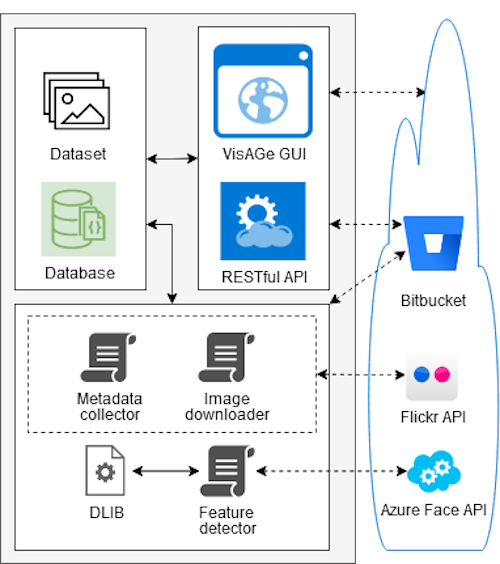Page Not Found
Page not found. Your pixels are in another canvas.
A list of all the posts and pages found on the site. For you robots out there is an XML version available for digesting as well.
Page not found. Your pixels are in another canvas.
About me
This is a page not in th emain menu
Published:
This post will show up by default. To disable scheduling of future posts, edit config.yml and set future: false.
Published:
This is a sample blog post. Lorem ipsum I can’t remember the rest of lorem ipsum and don’t have an internet connection right now. Testing testing testing this blog post. Blog posts are cool.
Published:
This is a sample blog post. Lorem ipsum I can’t remember the rest of lorem ipsum and don’t have an internet connection right now. Testing testing testing this blog post. Blog posts are cool.
Published:
This is a sample blog post. Lorem ipsum I can’t remember the rest of lorem ipsum and don’t have an internet connection right now. Testing testing testing this blog post. Blog posts are cool.
Published:
This is a sample blog post. Lorem ipsum I can’t remember the rest of lorem ipsum and don’t have an internet connection right now. Testing testing testing this blog post. Blog posts are cool.
King’s College London Group Project 
The dataset generator script generates a random balanced dataset according to the inputs.
VisAGe DCS is a system intended to curate creative common images from Flickr and assist the data labelling for facial images with age and gender.
Published in 2018 IEEE Security and Privacy Workshops (SPW), 2018
In today’s world, closed circuit television, cellphone photographs and videos, open-source intelligence (i.e., social media/web data mining), and other sources of photographic evidence are commonly used by police forces to identify suspects and victims of both online and offline crimes. Human characteristics, such as age, height, weight, gender, hair color, etc., are often used by police officers and witnesses in their description of unidentified suspects.
Recommended citation: F Anda, D Lillis, NA Le-Khac, M Scanlon. (2018). "Evaluating automated facial age estimation techniques for digital forensics." 2018 IEEE Security and Privacy Workshops (SPW). 129-139. http://4nd4.github.io/files/EvaluatingFacialAge.pdf
Published in Forensic Science International: Digital Investigation, 2020
Age is a soft biometric trait that can aid law enforcement in the identification of victims of Child Sexual Exploitation Material (CSEM) creation/distribution. Accurate age estimation of subjects can classify explicit content possession as illegal during an investigation.
Recommended citation: F Anda, NA Le-Khac, M Scanlon. (2020). "DeepUAge: improving underage age estimation accuracy to aid CSEM investigation." Forensic Science International: Digital Investigation. 32, 300921. http://4nd4.github.io/files/1-s2.0-S2666281720300160.pdf
Published in Forensic Science International: Digital Investigation, 2021
Automated facial age estimation has drawn increasing attention in recent years. Several applications relevant to digital forensic investigations include the identification of victims, suspects and missing children, and the decrease of investigators’ exposure to psychologically impacting material
Recommended citation: F Anda, E Dixon, E Bou-Harb, NA Le-Khac, M Scanlon. (2021). "Vec2UAge: Enhancing underage age estimation performance through facial embeddings." Forensic Science International: Digital Investigation. 36, 301119. http://4nd4.github.io/files/1-s2.0-S2666281721000160.pdf
Published:
The talk was about the paper titled “Evaluating automated facial age estimation techniques for digital forensics”
Published:
The talk was about the paper titled “DeepUAge:Improving Underage Age Estimation Accuracy to Aid CSEM Investigation”
Published:
The talk was about the paper titled “Vec2UAge:Enhancing underage age estimation performance through facial embeddings”
Voluntary, Escuela Fiscal Mixta 4 de Noviembre, 2007
I had the opportunity to teach for a period of two weeks in a low-income school, close to the coast in Ecuador.
Postgraduate course, University College Dublin, School of Computer Science, 2017
I was a teaching assistant for the Virtual Learning Environment for the Forensic Computing and Cybercrime Investigation (FCCI) Masters course. This is a distance learning education programme for law enforcement.